A variety of medical procedures require the use of chilling mechanisms. Many surgeries and procedures require removing heat from body parts or lowering a person’s body temperature, like laser surgery, hair and tattoo removal, vein treatments and laser eye surgery. Orthopedic rehabilitation and hypothermia procedures also use custom medical chillers for cooling down thermal pads after use. Read More…
Our customers know they can trust us for the ultimate in quality, affordability, and flexibility. If you want a fully customized solution for your chillers, we can help! We work hard to create the best solution for each of our customers, because we know that if you are not happy, we are not happy! You can learn more about our services by visiting our website or giving us a call today!
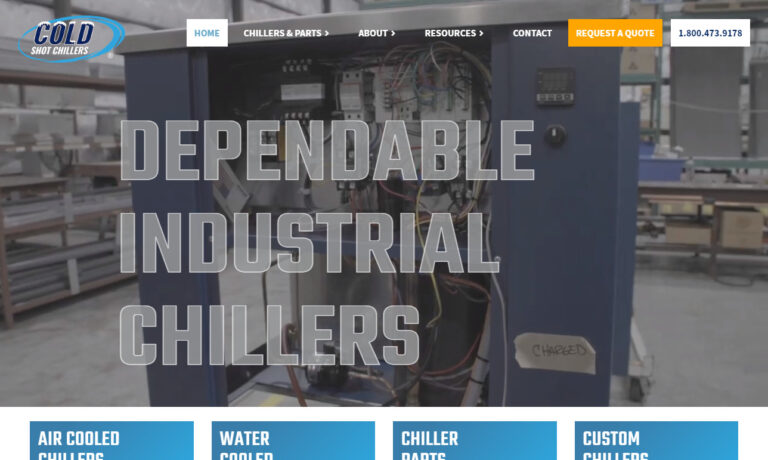
Industry leading, eco- friendly technology from Delta T Systems is setting the pace with energy efficient portable or packaged chiller systems and temperature control units. Our expansive standard product line has been successfully applied in a broad variety of industries for over 30 years. And for applications that require unique features or functionality, our custom design team has the know-how ...
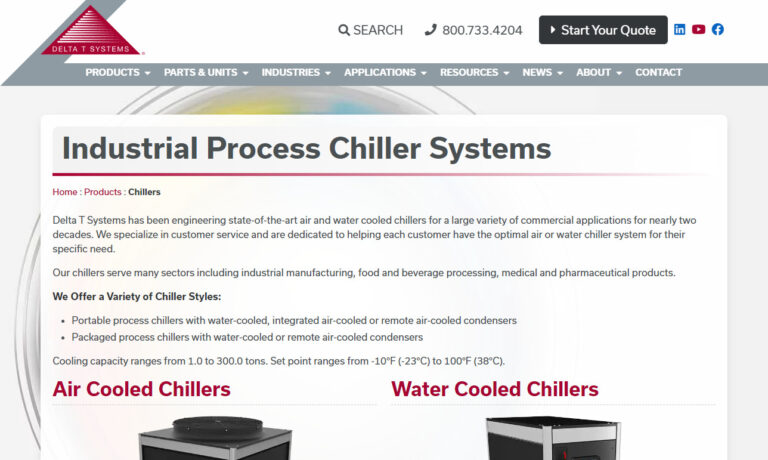
Since 1969, Thermal Care has been a leading manufacturer of portable and central chillers in air cooled, water cooled, and remote condenser models. As an ISO 9001 certified manufacturer, Thermal Care provides heat transfer equipment for over 50 industries and specializes in meeting the specific needs of our customers by offering both standard and custom designed industrial process cooling...
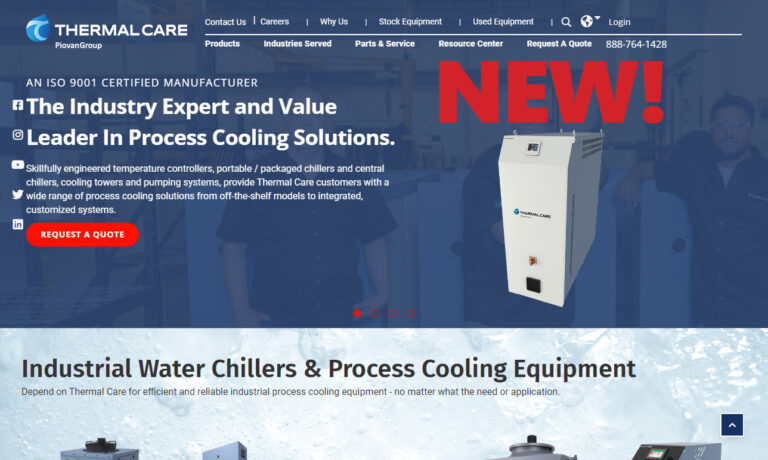
Dimplex Thermal Solutions, based in Kalamazoo, Mich., and home of Koolant Koolers, has been manufacturing water, air, and glycol chillers since 1952. Since that time Dimplex has expanded it’s product offering to include industrial cooling for: Machine Tooling, Food Processing and Packaging, Medical Diagnostic Imaging, Laser Cutting, Manufacturing Processes and more. Dimplex is known for their...
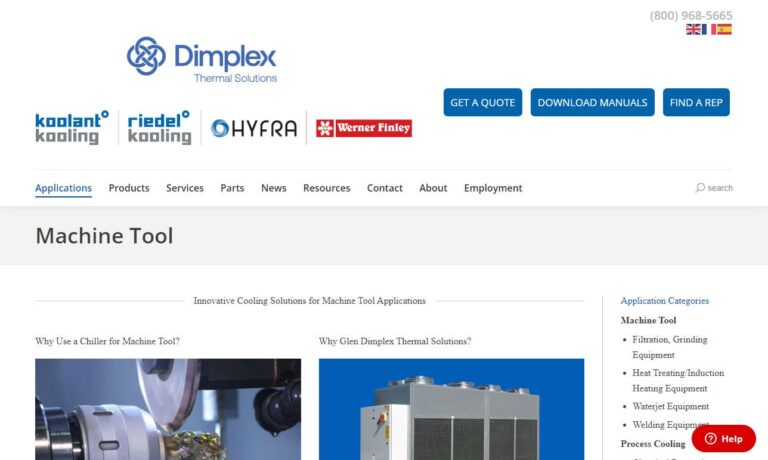
Thermonics® offers a range of process chillers for low (-40°C) and ultra-low (-100°C) temperature cooling. Products include air- and water-cooled chillers, and cryogenic chillers for cooling gasses and fluids. Chillers are compatible with a variety of heat transfer fluids delivering cooling capacities up to 25kW at -90°C, satisfying demands for industrial and mil/aero applications. We are a...
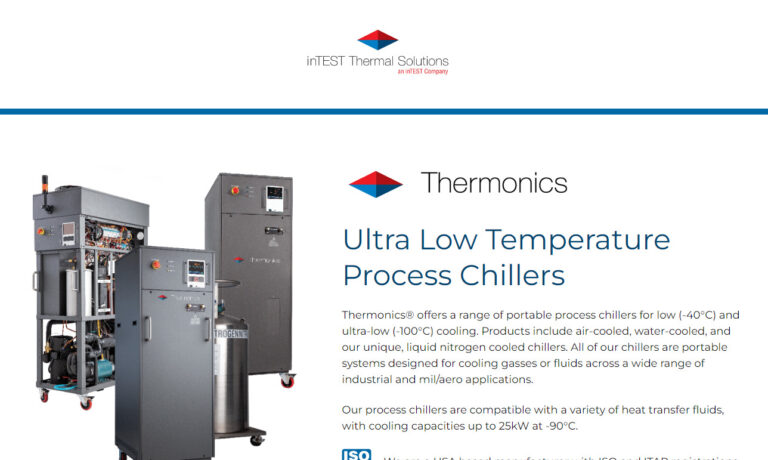
EcoChillers, Inc. provides eco-friendly chillers for the manufacturing industry. We work to make sure that you have a high-quality customer service experience. Our products are sure to help solve all of your chiller needs. We have an elite team of dedicated and seasoned professionals who make sure that you have top of the line service with world class parts. We devote extra attention to making...

Founded in 1970, we remain focused on the design, manufacture and sales of industrial chillers and temperature controllers, with a long and vast experience in high accuracy systems. The wide range of the products permits to satisfy all specific demands of all kinds and sizes of industries. Frigosystem can structure their offer with tailor-made plants and proposals, always oriented to efficiency...
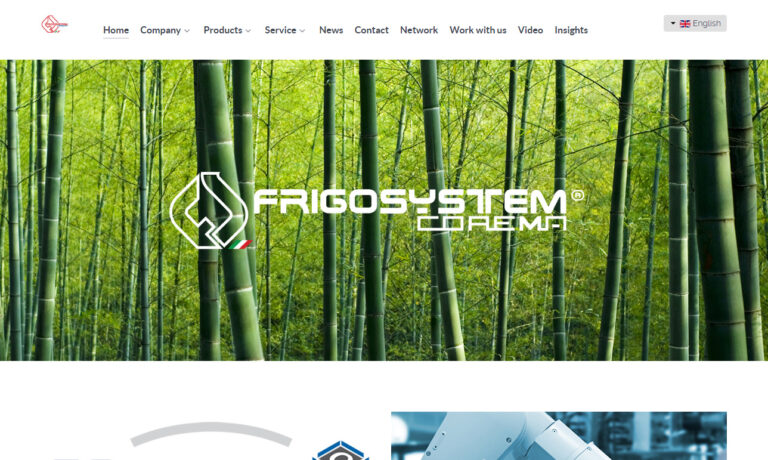
More Medical Chiller Manufacturers
Medical machines like MRIs, PET and CAT scans, linear accelerators, lasers and x-ray machines generate a large amount of heat, and must quickly cool down in order to work properly for an extended period of time. Large chillers are used to better control the temperature after one of these machines is used, to prevent overheating.
One of the most common medical chiller applications takes place in laboratory testing. Often, blood samples undergo testing and must be cooled down to a certain temperature. They are placed in smaller chillers to obtain the desired temperature.
Medical chillers may be small cabinets that fit blood samples and small instruments, or large enough to cool down an MRI machine. Hospitals use large, central chillers that are in integral part of a room and combine many heat exchangers and external cooling towers. They are dedicated-process chillers, meaning they operate year-round and are designed to provide specific, capacity-matched cooling protection and proper temperature and water flow, since they are used so often.
Their housing is insulated and generally constructed of a reinforced metal like aluminum or stainless steel. Other components may include a thermoelectric cooling engine, liquid reservoir, pump, power supply, temperature controls, an enclosure and wiring. They often offer higher pressure pumping, temperature stability and microprocessor controls.
Medical chillers cool temperatures by passing a refrigerant gas through a heat exchanger while a liquid flows in the other direction on the opposite side. The gas absorbs the heat lost by the liquid. The air is cooled, and moved by a system of fans around the facility or within the cabinet. The liquid is then transformed into a very cold mist.

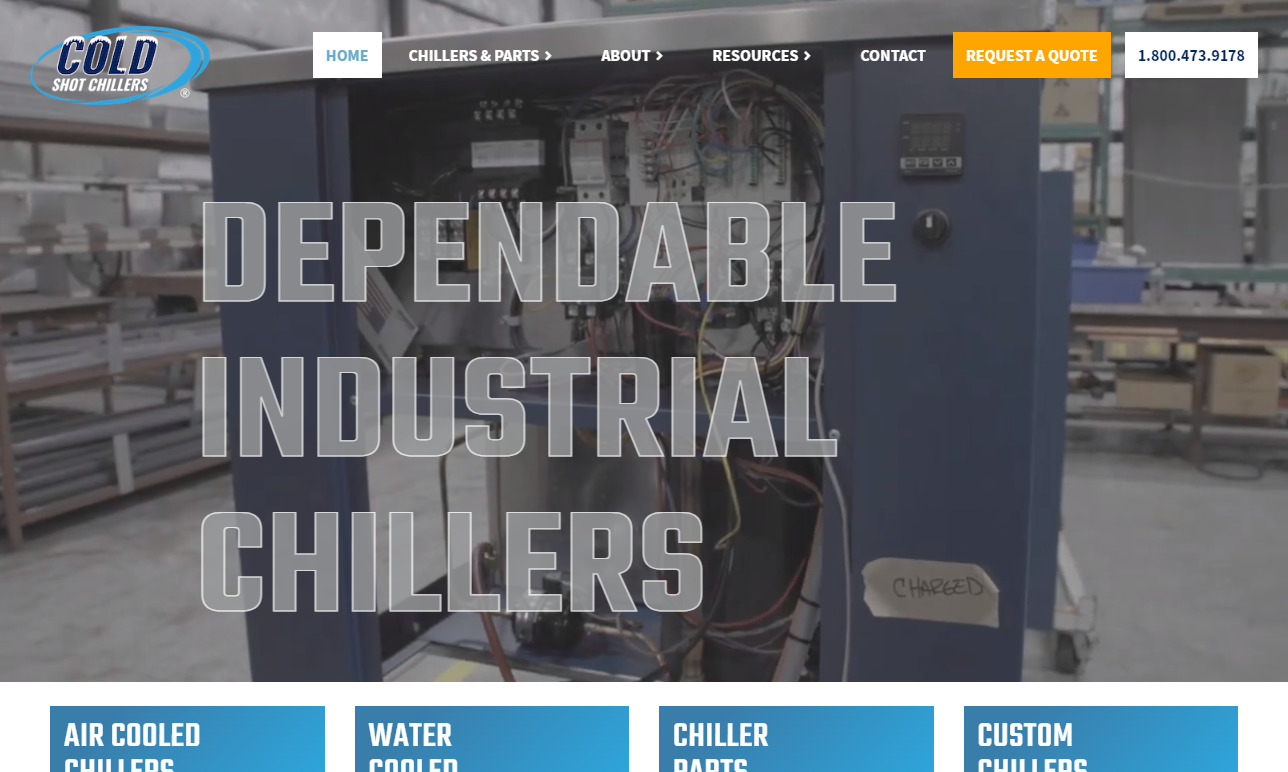
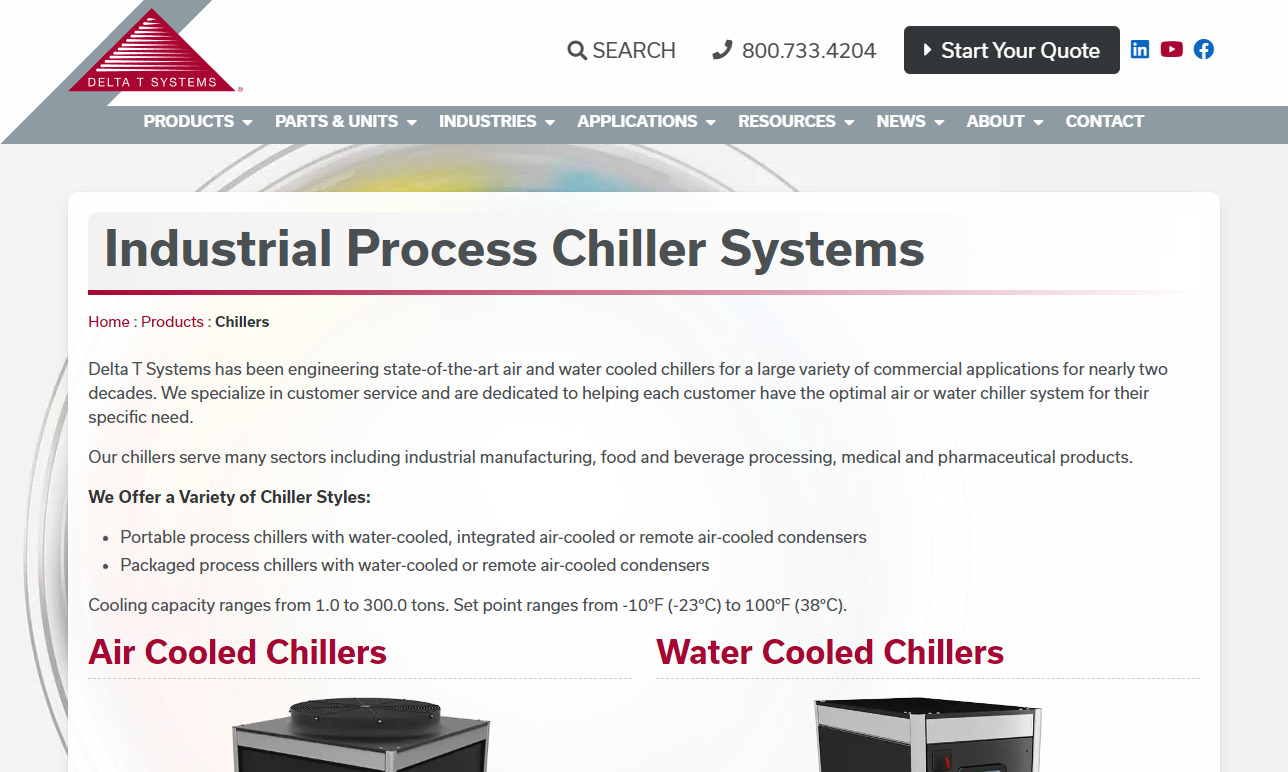
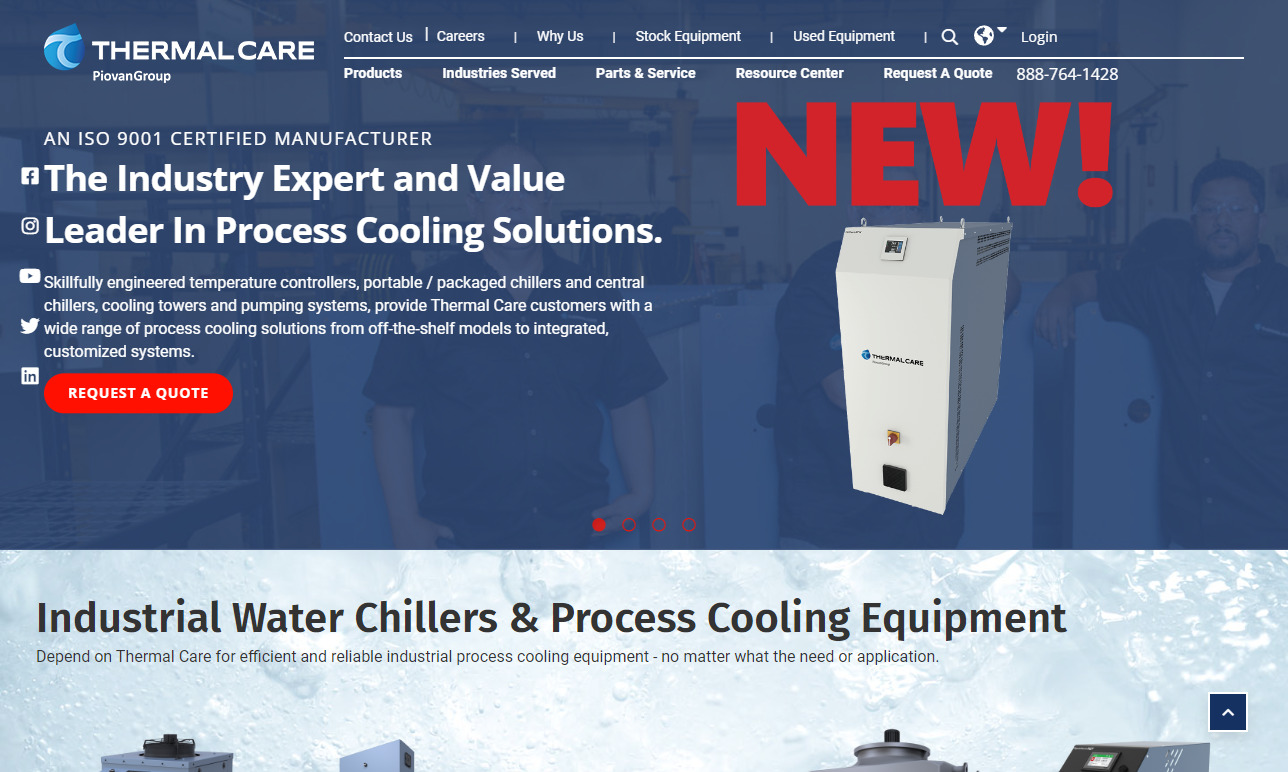

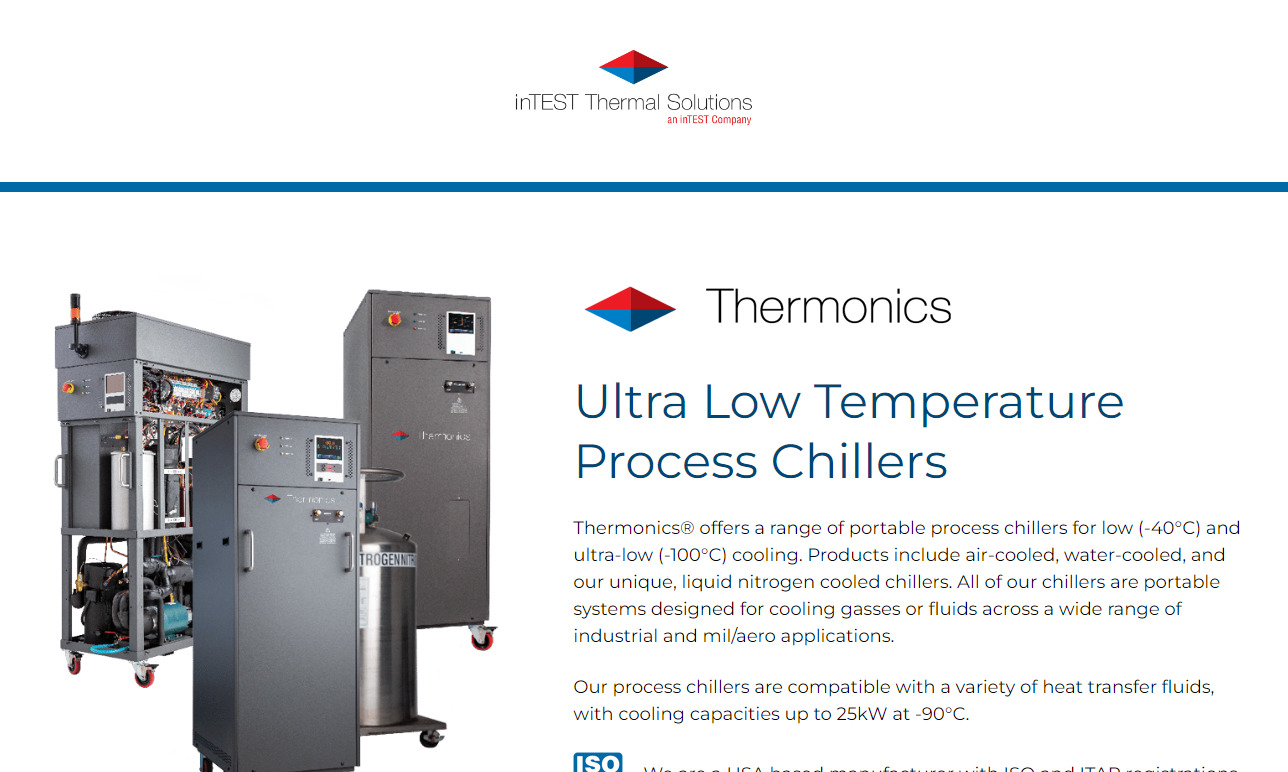

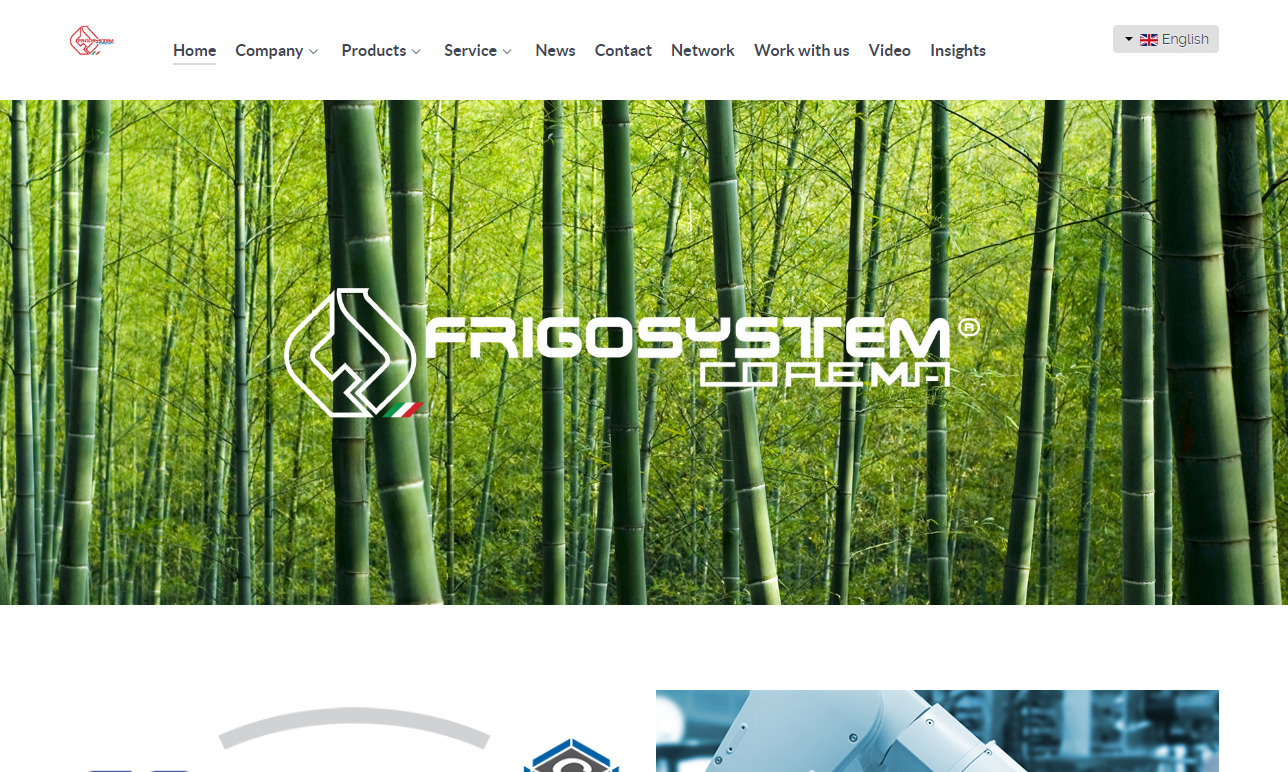
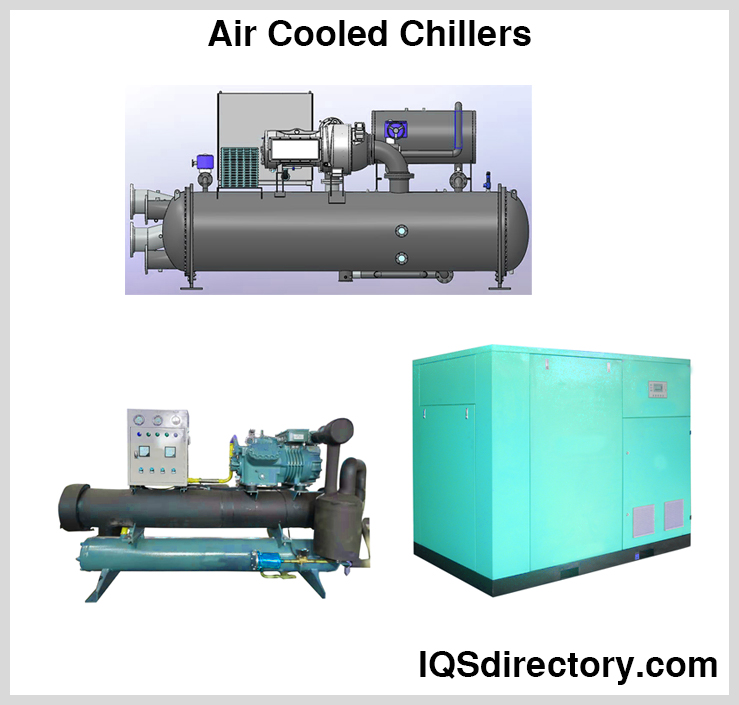
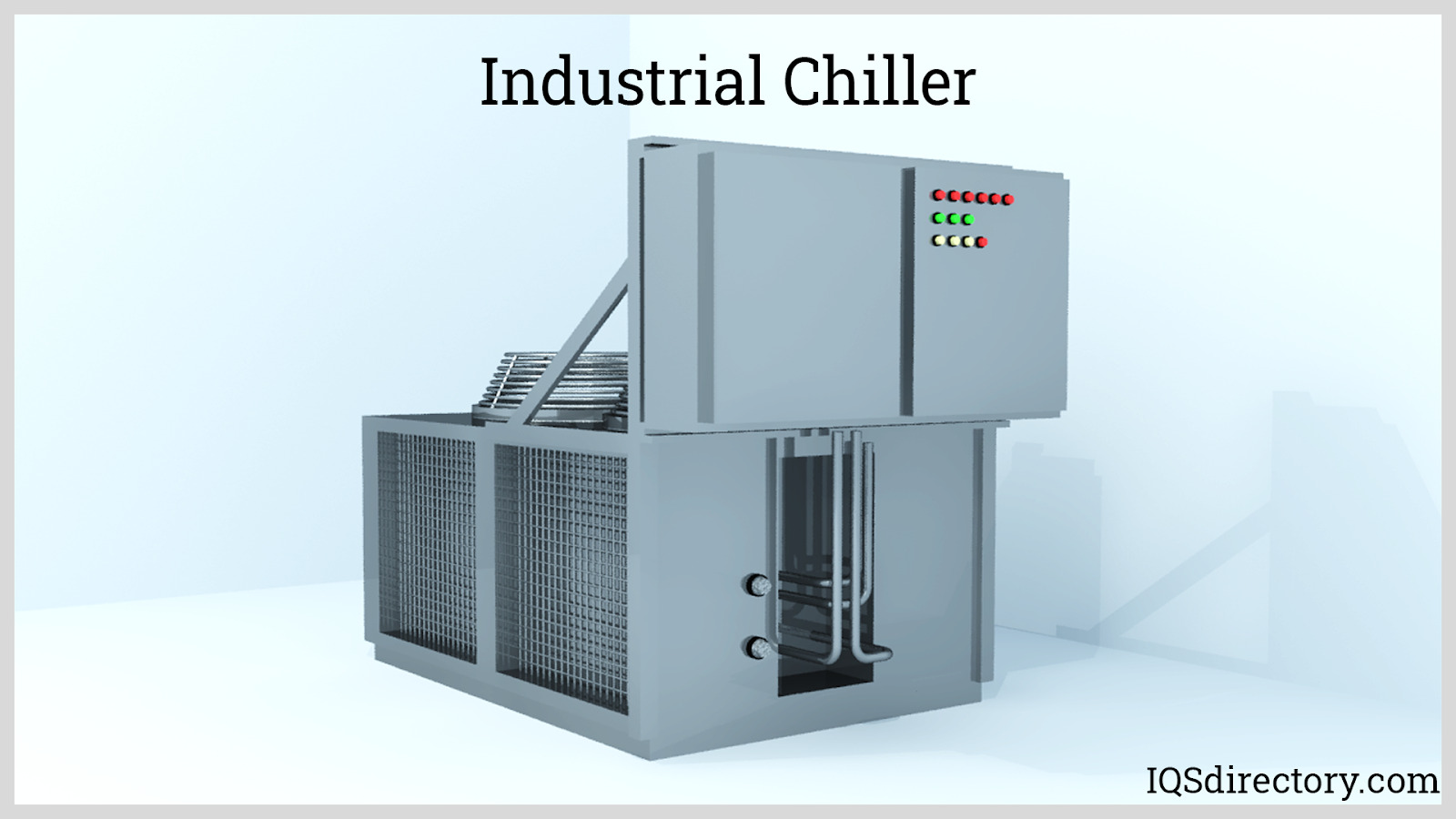
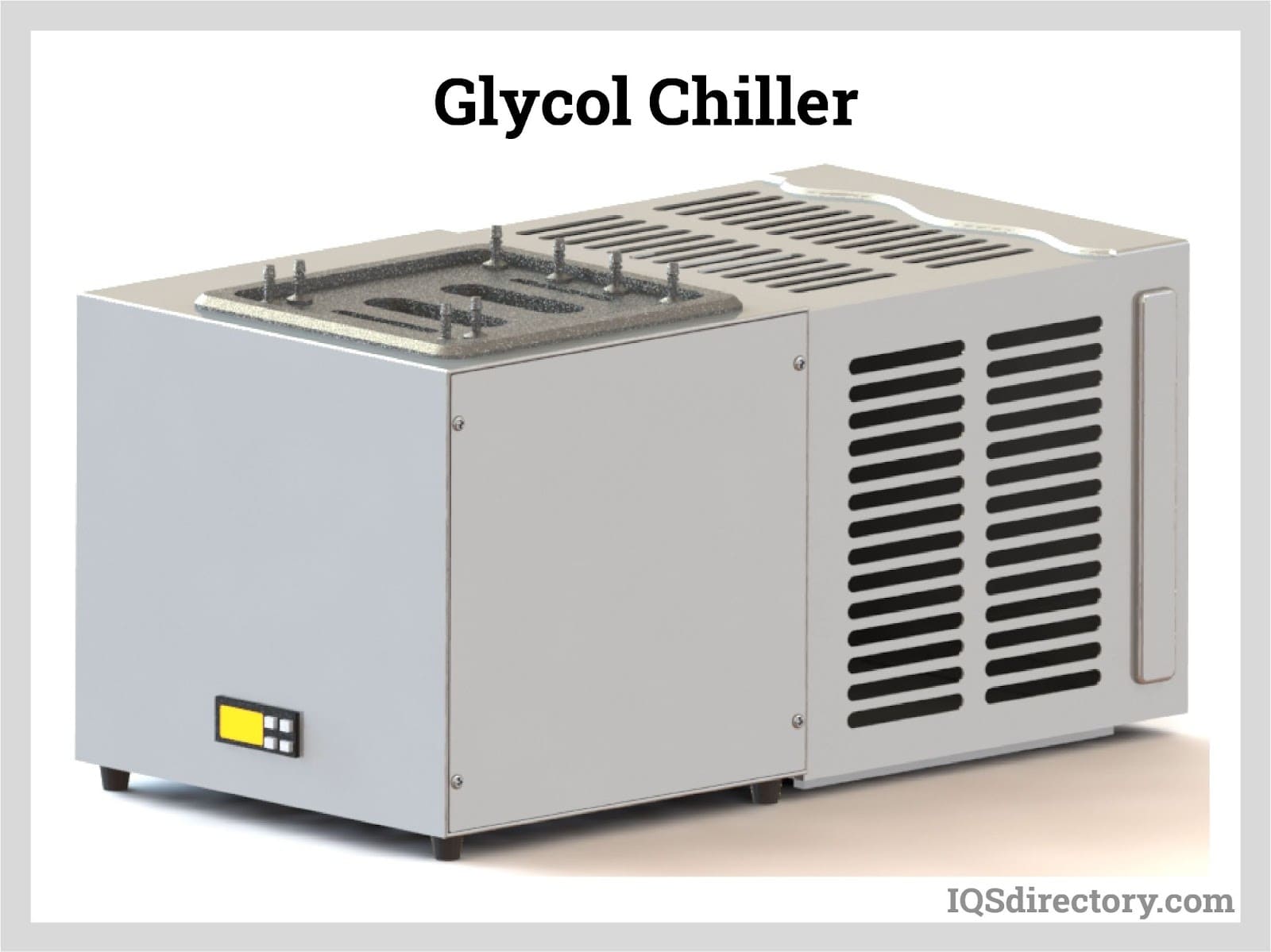
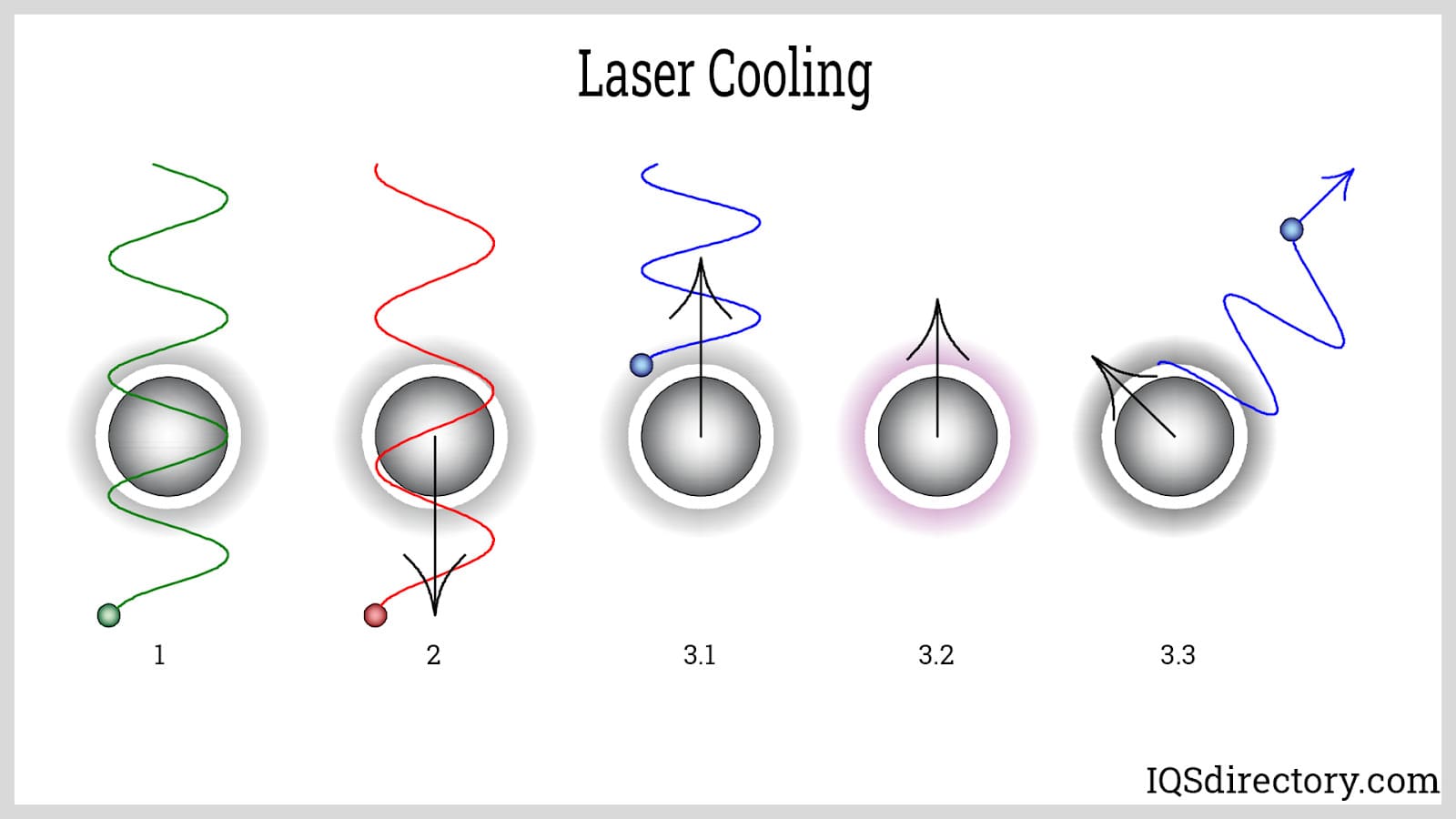
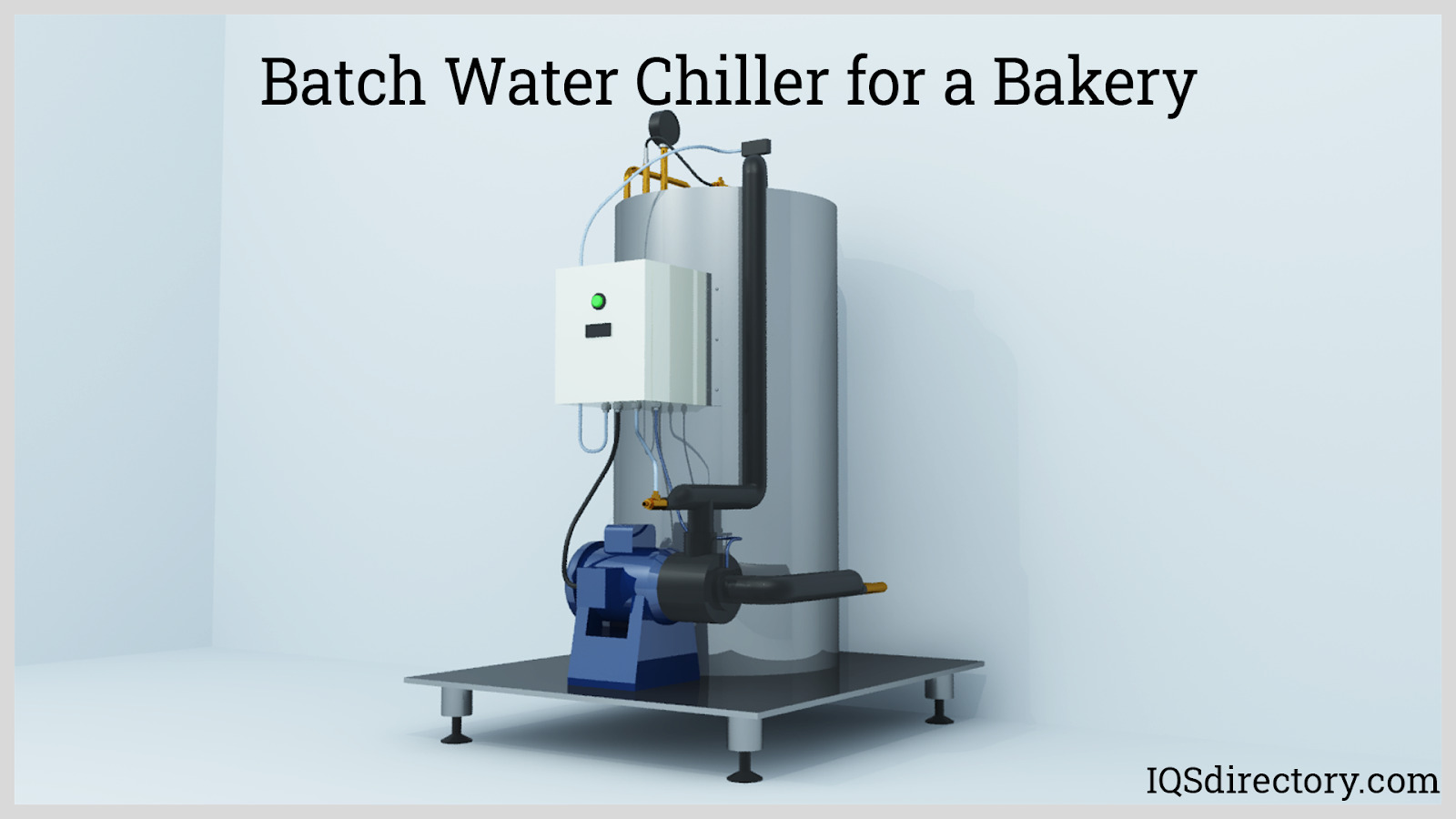
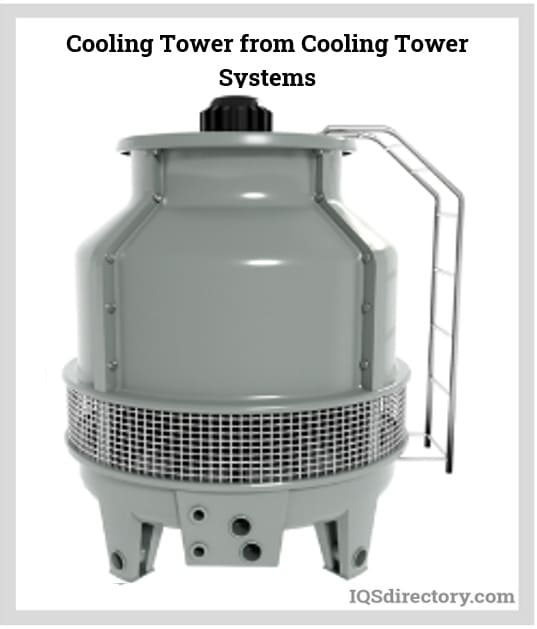
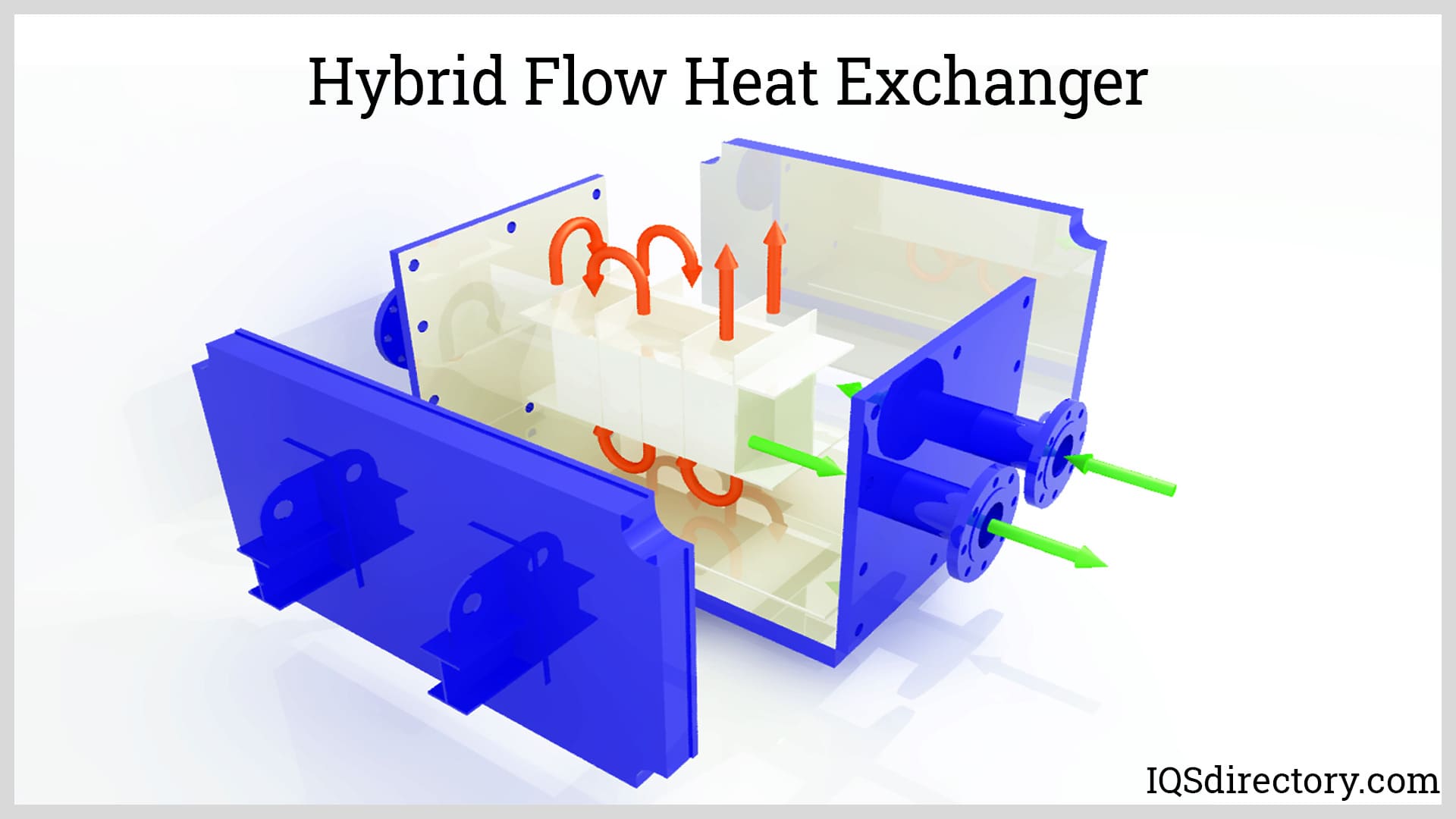
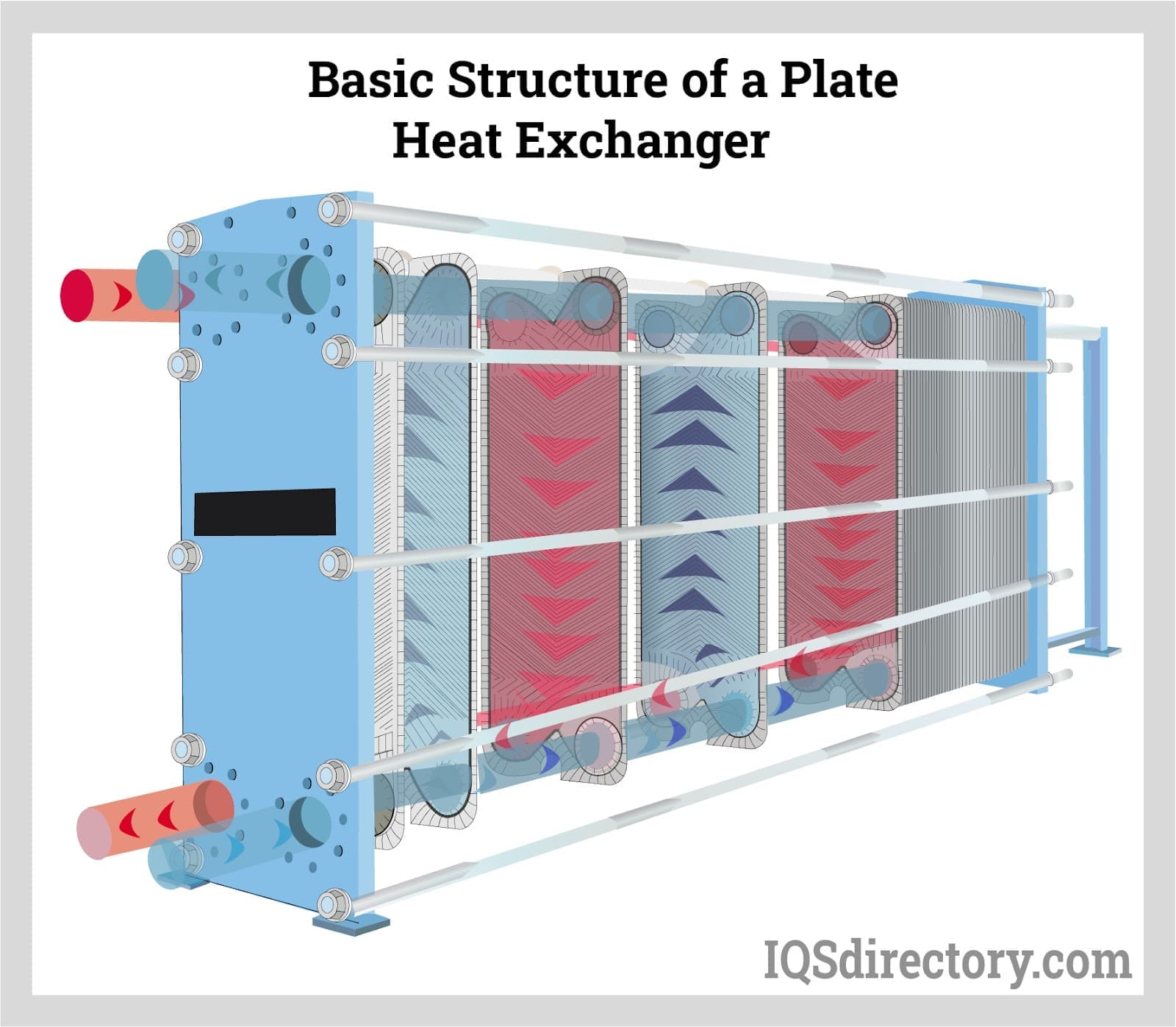
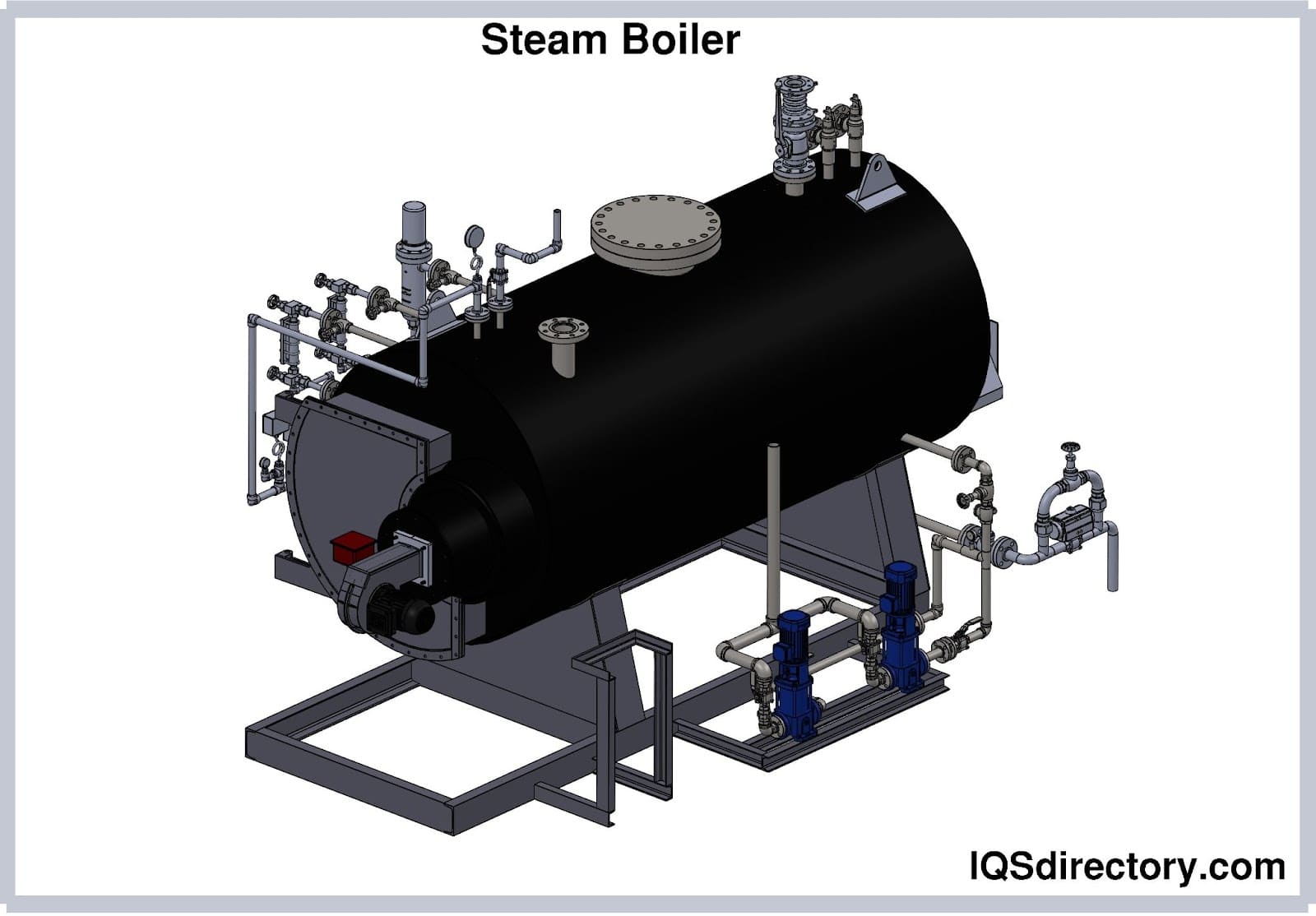
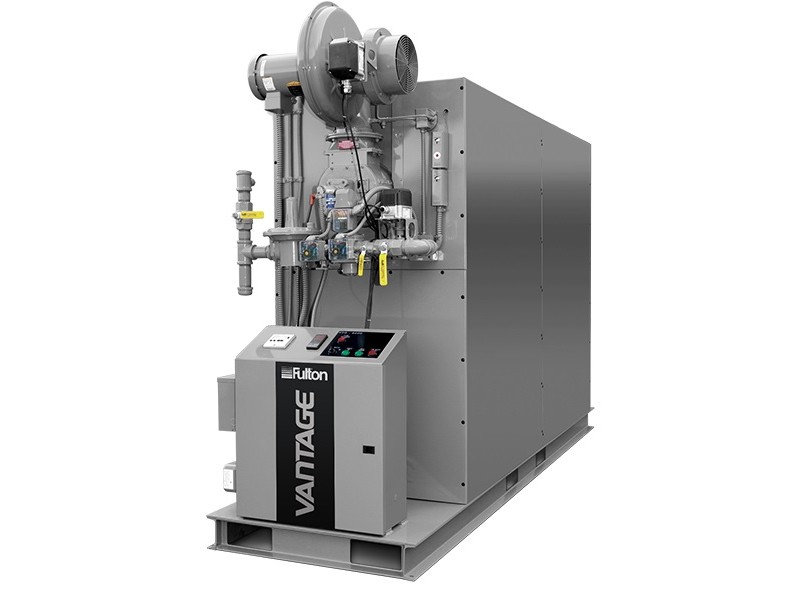 Boilers
Boilers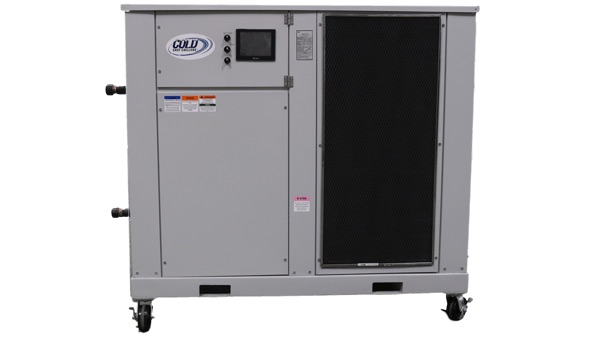 Chillers
Chillers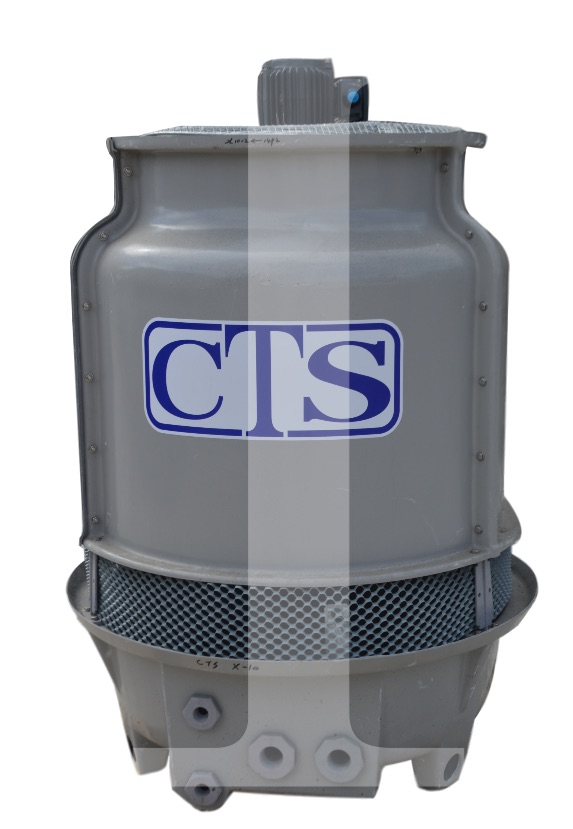 Cooling Towers
Cooling Towers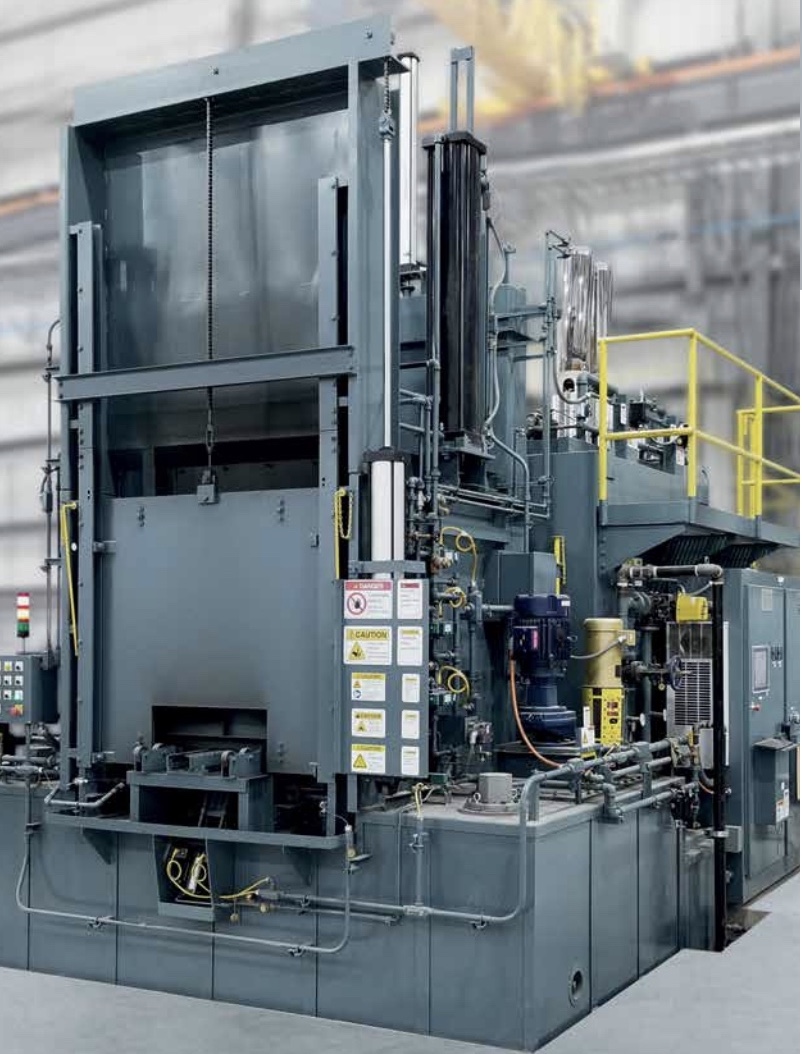 Furnaces
Furnaces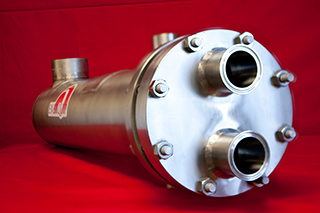 Heat Exchangers
Heat Exchangers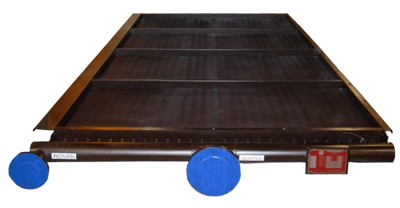 Heat Transfer Equipment
Heat Transfer Equipment Castings & Forgings
Castings & Forgings Bulk Material Handling
Bulk Material Handling Electrical & Electronic Components
Electrical & Electronic Components Flow Instrumentation
Flow Instrumentation Hardware
Hardware Material Handling Equipment
Material Handling Equipment Metal Cutting Services
Metal Cutting Services Metal Forming Services
Metal Forming Services Metal Suppliers
Metal Suppliers Motion Control Products
Motion Control Products Plant & Facility Equipment
Plant & Facility Equipment Plant & Facility Supplies
Plant & Facility Supplies Plastic Molding Processes
Plastic Molding Processes Pumps & Valves
Pumps & Valves Recycling Equipment
Recycling Equipment Rubber Products & Services
Rubber Products & Services